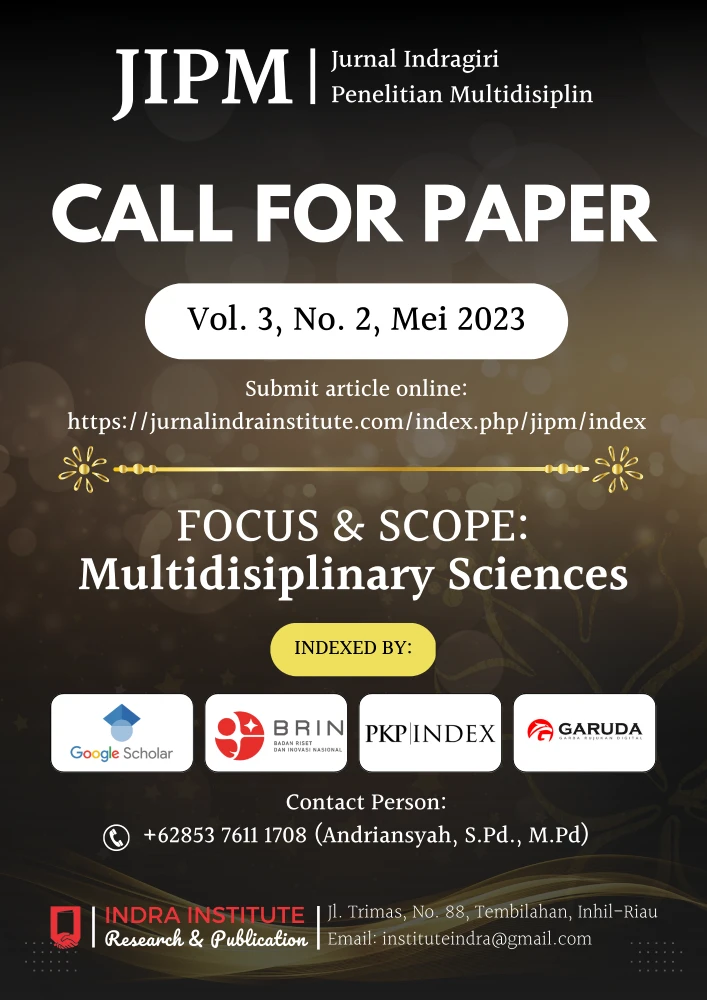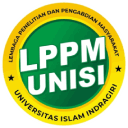منهج الإمام الشافعي في إثبات حجية حديث الآحاد في كتابه الرسالة
(دراسة تحليلية)
DOI:
https://doi.org/10.58707/jipm.v4i1.722Keywords:
Methodology, Imam Shafi'i, Hadis Ahad, Al-RisalahAbstract
This research sets out to study the methodology of Imam Shafi'i as presented within his book "Al-Risala" in defense of the validity of solitary narrations (Ahadith Ahad). Imam Shafi'i, renowned for his defense of the Sunnah, vigorously advocated for the validity of solitary narrations as evidence in religion. Consequently, he dedicated a specific section within his book "Al-Risala" to defend the validity of solitary narrations. Within this section, Imam Shafi'i's methodology in defending the validity of solitary narrations becomes apparent. Among the hypotheses of this research are: firstly, that the validity of solitary narrations according to Imam Shafi'i is undisputed. Secondly, the lack of disagreement regarding the validity of solitary narrations is based on Quranic evidence, the Prophet's endorsement in his statements and actions, as well as the actions of his noble companions. Thirdly, Imam Shafi'i relies on two methodologies in defending the validity of solitary narrations: the dialectical method involving formulating questions that could be raised by detractors of the validity of solitary narrations and providing convincing answers, and the analytical method, which involves analyzing Quranic verses, prophetic traditions, and the actions of the companions as evidence utilized by Imam Shafi'i in responding to detractors of the validity of solitary narrations.
Downloads
Published
How to Cite
Issue
Section
License
Copyright (c) 2024 Jurnal Indragiri Penelitian Multidisiplin

This work is licensed under a Creative Commons Attribution-NonCommercial-ShareAlike 4.0 International License.





















